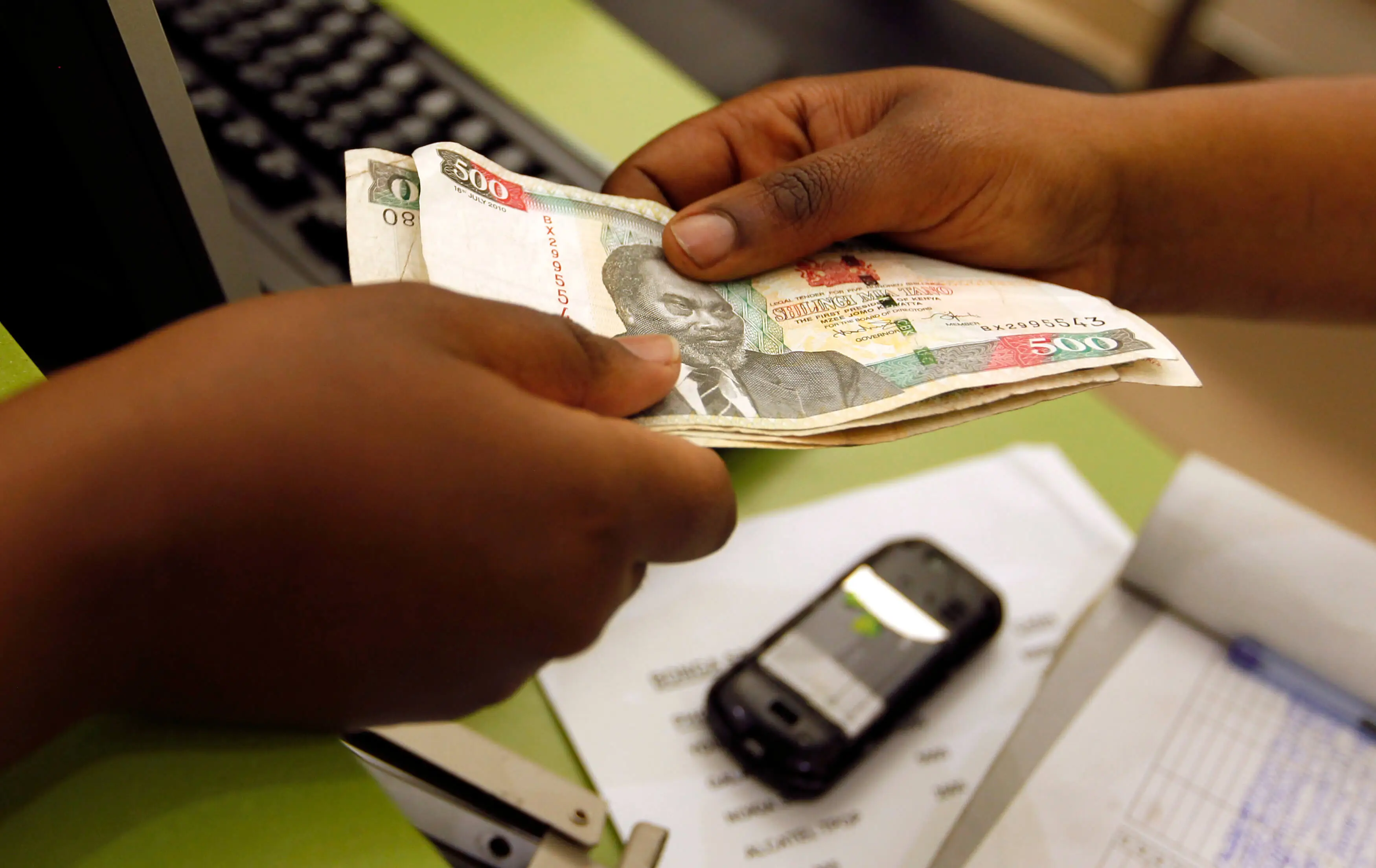International Monetary Fund (IMF) economists have come up with the idea of separating electronic money and cash as a way of securing future stability of the world economy. Doing so will give the central banks a way to enable the negative interest rates needed to combat future recessions of the world economy? Base interest rates have been at an all-time low around the world since the last financial crash in 2008. Historically every major financial crash has resulted in a 3-6% cut from interest base rates. If a future financial recession was to happen now, there isn’t much room left for economies to introduce interest base rate cuts. Cash the current base currency is designed to have a lower bound interest rate of zero. In such a situation, the negative base rate will force central banks around the world to either compress their margins or introduce interest rates on bank deposits.
Charging negative interest rates on deposits will invariably result in a worldwide mass withdrawal of cash. The IMF notes that instead of paying negative interest, one can simply hold cash at zero interest. Acting as a free option on zero interest, cash will be the interest rate floor around the world. A predominantly e-money economy will not be limited by a lower bound on an interest rate of zero percent. The central banks would reduce the rate to a negative figure forcing consumers to invest in the economy or simply spend money as a preferable option, boosting the economy and acting as a normalizing agent.
Many countries such as Sweden have driven the e-money economy and pushed rates slightly below zero. The negative interest rate has made it difficult to hold cash and deterred most depositors from doing so. But cash still plays a major role in world economies like Japan, Switzerland, and Hungary where people prefer the person to person nature of cash transactions.
According to an IMF excerpt, “While a dual currency system challenges our preconceptions about money, countries could implement the idea with relatively small changes to a central bank operating frameworks. In comparison to alternative proposals, it would have the advantage of completely freeing monetary policy from the zero lower bound. Its introduction would reconfirm the central bank’s commitment to the inflation target, rather than raise doubts about it.” Such as dual currency system will allow the central banks to introduce an exchange rate for cash to e-money. Countering a recession of the future would require central banks to introduce a negative interest rate on cash as a measure to ensure that cash is being spent and the economy is well fed.
